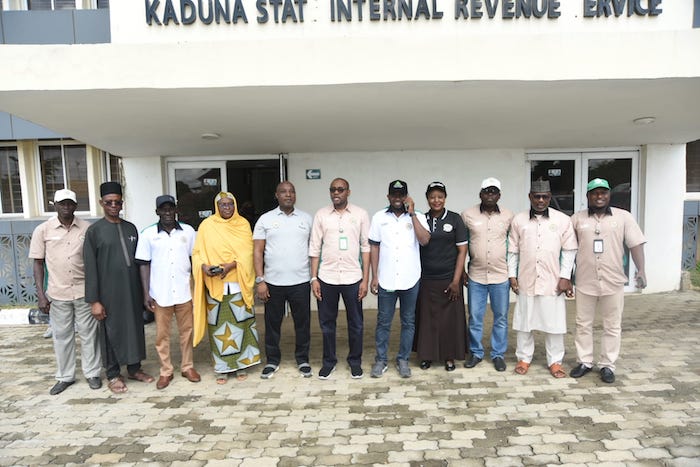The Kaduna State Internal Revenue Service (KADIRS) has initiated a rigorous enforcement campaign to recover N1.7 billion in unpaid Land Use Charge (LUC) debts from various banks and businesses across the state. This move underscores the government’s firm stance on tax compliance and its dedication to strengthening revenue collection.
The affected entities, including major financial institutions and prominent businesses, now face immediate consequences due to non-compliance with tax obligations, signaling a broader effort to foster accountability and fiscal responsibility in Kaduna State.
- Keystone Bank Plc
- Unity Bank
- First City Monument Bank (FCMB)
- Zenith Bank
- Bank of Agriculture
- Chicken Republic
- Forte Oil
- New Nigeria Development Company
- GT Bank parking lot
- A.G. Leventis building
The Reason Behind the Enforcement
Aysha Ahmad, KADIRS’ board secretary and legal adviser, explained that KADIRS based the enforcement exercise on the provisions of the law. KADGIS established the accumulated land-based revenue (LUC) liabilities. Demand notices were sent to the businesses, but they did not respond or comply.

The Law Behind the Enforcement
KADIRS backs the enforcement exercise with Section 104 of the Personal Income Tax Act. Section 24 Sub-Sections (1, 2, and 3) of the Kaduna State Tax Codification and Consolidation Law, 2020, also supports it.
The Impact on Businesses
KADIRS aims to recover the unpaid debts through a week-long exercise. A court order has been secured for the immediate closure and taking over of the entire properties until all unpaid land-based revenue liabilities are settled. Businesses must comply voluntarily to avoid enforcement actions.
The Role of KADIRS
KADIRS collects taxes on behalf of the Kaduna State Government. The agency’s vision is to become the most efficient and innovative revenue generation agency in Nigeria, built on integrity, teamwork, and prompt services.
This enforcement drive by KADIRS highlights the critical role of tax compliance in sustainable state development. By holding businesses accountable, the Kaduna State Government not only aims to recover substantial revenue but also seeks to instill a culture of responsibility among corporate entities. The legal backing for this action reinforces the necessity of adhering to statutory tax obligations, ensuring that public services and infrastructure projects receive adequate funding.
Moving forward, this initiative sets a precedent for other states, demonstrating that strict enforcement and transparent governance are essential for economic stability and growth. As businesses adapt to these regulations, the long-term impact will likely include improved compliance rates, enhanced revenue streams, and a more robust economic framework for Kaduna State.

















